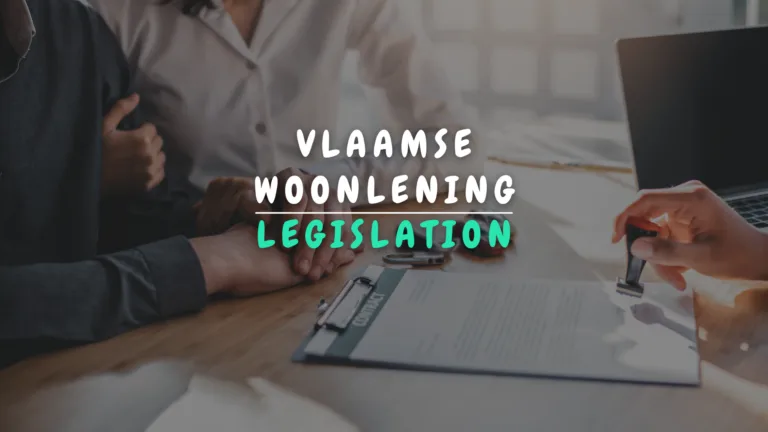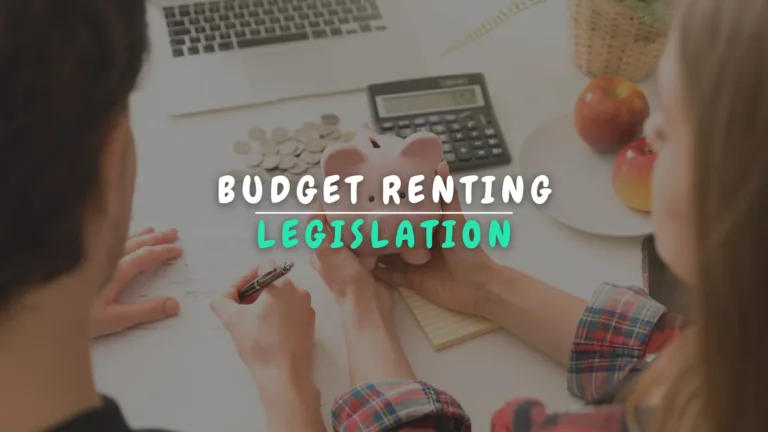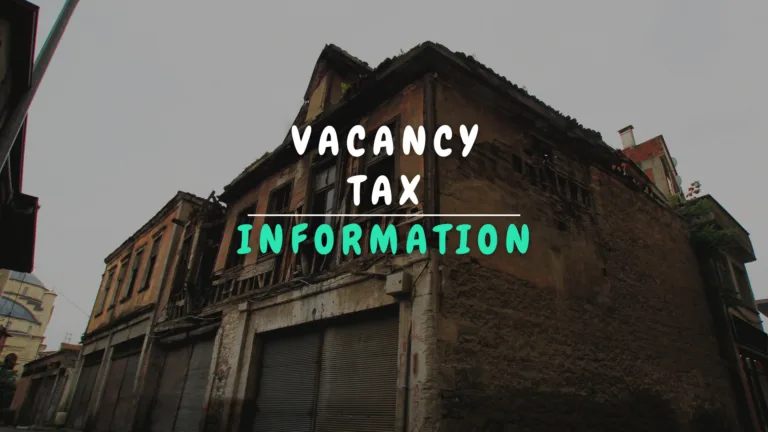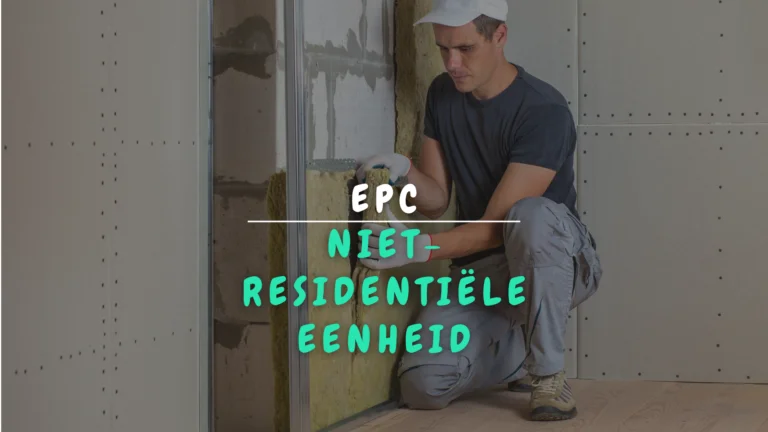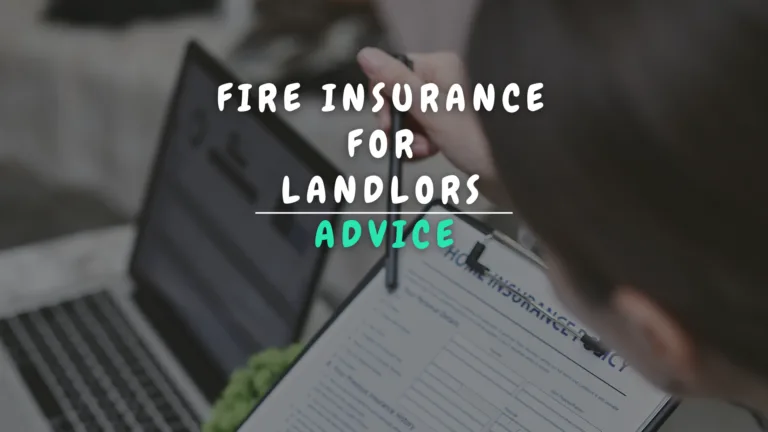Divorce is an emotionally and practically challenging time, especially if you bought a house or apartment together. How can you buy out your partner to stay in the family home? Find out the process and your financing options under the law in Flanders, Belgium .
Contents
- What does “buying out your partner” mean?
- The course of buying out your partner (7 steps)
What does “buying out your partner” mean?
“Buying out your partner” means that you buy out his/her share of the jointly owned property (house or apartment). You pay an amount to your partner equal to his/her share of the current value of the property. This payment and transfer is officially recorded in a deed by the notary. As a result, you become the sole owner of the property.
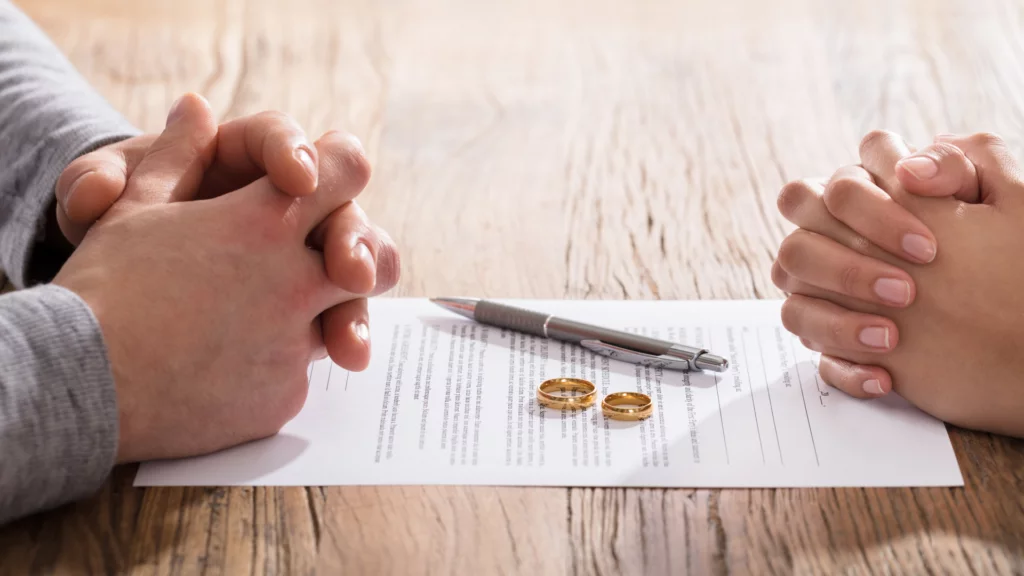
The course of buying out your partner
Step 1: Determine the value of the house
Establish the current market value of the property. This can be done in several ways:
- Through a licensed appraiser or real estate expert.
- Through a local real estate agent.
- Through an online tool (note that online tools are less accurate).
Step 2: Determine property division
Determine each partner’s share of the property. This depends on the marriage system under which you married:
- Legal system (community of property): In this case, the home is usually considered joint and each partner is entitled to half the value.
- Separation of property: If you were married under a separation of assets and one of the partners is the sole owner, then the specific arrangements made should be looked at.
Step 3: Calculate the buyout amount
Calculate the amount needed to buy out your partner. The most common formula for calculating the buyout sum in Flanders is:
[ the current value of the house – ( the balance due on the mortgage loan + the offset of your equity ) ] / 2
Example: The house is now worth 300,000 euros and there is still a mortgage of 100,000 euros outstanding. Your partner put in 6,000 euros when you bought it, and you put in 4,000 euros. Then: [ 300,000 – ( 100,000 + 2,000) ] / 2 = 99,000 euros
Step 4: Calculate your costs
Buying out your partner is not free. It unfortunately costs you registration fees. This registration fee is also called “the misery tax” and amounts to:
- 2.5% registration fee if you are actually living together.
- 2.5% registration fee if you have been legally cohabiting at the same address for less than one year.
- 1% registration fee if you are married.
- 1% registration fee if you have been legally cohabiting at the same address for at least one year.
Step 5: Check your financing
Check whether you can finance the buyout and how you will do so. Possible options are:
- Equity: You buy out your partner with your savings.
- Family: Consider a loan from family members if you have a good relationship with your family.
- Mortgage loan: Apply for an additional mortgage from the bank to finance the amount for the buyout.
- Refinance the existing mortgage: Negotiate with your bank to refinance your current mortgage and draw the extra amount you need to buy out your partner.
Financial advice for your specific situation? Visit an independent financial advisor such as Immotheker Finotheker or Mortgage Store, or your bank.
Step 6: Contact the notary and bank
Once you have agreed on the amount and financing, the buyout must be legally completed. This includes:
- Notarized Deed: The transfer of property must be done through a notarized deed at the notary. This is how you officially register the buyout.
- Mortgage adjustment: If there is a mortgage on the home, it must be adjusted to the new situation. This is also often done through a notary.
Step 7: Register and pay
- Registration of the deed: The notary registers the deed at the land registry, making you officially the sole owner of the property.
- Payment of the buyout fee: Transfer the agreed amount to your ex-partner, including registration fees.
- Confirm mortgage adjustment: Confirm with your bank that the mortgage is adjusted to the new situation (including any new financing).

Congratulations! After completing these steps, you are officially the sole owner of the property. Don’t forget to take care of other administrative matters as well, such as adjusting insurance policies and informing relevant agencies about the new ownership situation.
Would you like to cite this article as a source? Then use:
Stiasteny, L. (2024, Nov. 5). Buying out your partner according to legislation. Apartment.be. Consulted on (date XX/XX/202X), from https://www.appartement.be/je-partner-uitkopen-volgens-wetgeving/



